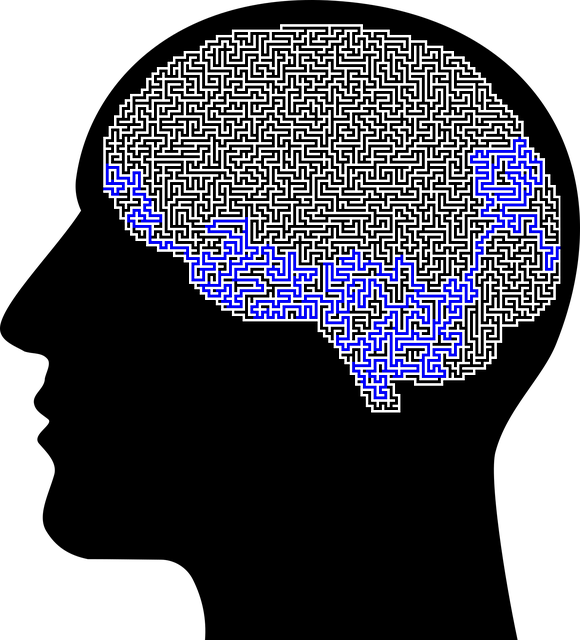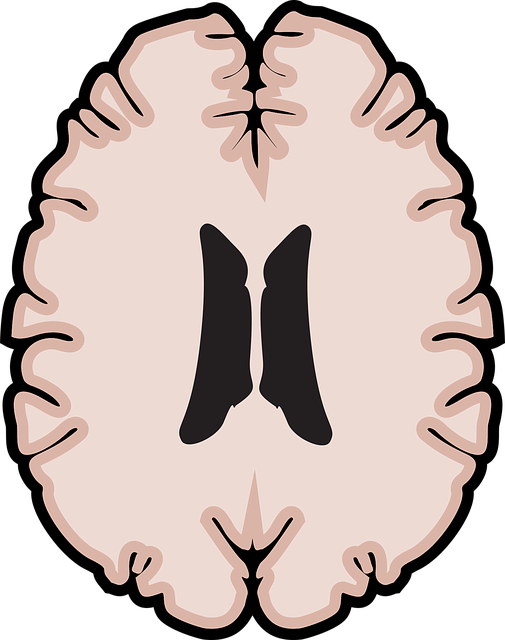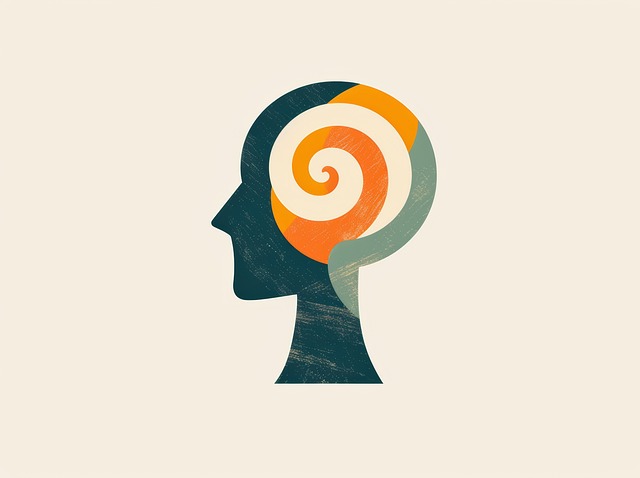Mental health professionals treating elders, especially those with Obsessive Compulsive Disorder (OCD), must address unique risk factors such as cognitive decline and social isolation. Integrating crisis intervention, mindfulness meditation, and empathy-building strategies in therapy improves emotional regulation and overall well-being. A comprehensive risk management plan, including thorough client assessments, supervision, and clear protocols, protects both professionals and clients. Tailored interventions like stress management and mindfulness empower seniors to manage OCD symptoms, while advocating for accessible, specialized mental health services is crucial.
Mental health professionals increasingly encounter older adults struggling with Obsessive-Compulsive Disorder (OCD). This population faces unique challenges, requiring a tailored approach. This article explores risk management planning, focusing on understanding OCD in the elderly, integrating assessment and treatment, and developing comprehensive strategies to ensure safe and effective therapy. By addressing risk factors effectively, mental health professionals can provide optimized care for seniors with OCD, enhancing therapeutic outcomes. Key topics include identifying risk factors specific to eldercare and implementing evidence-based practices for managing OCD symptoms.
- Understanding Risk Factors in Mental Health Practice with Elders
- Integrating OCD Assessment and Treatment within Geriatric Therapy
- Developing a Comprehensive Risk Management Plan
- Strategies for Mitigating Risks and Ensuring Safe Therapies for Seniors with OCD
Understanding Risk Factors in Mental Health Practice with Elders

Mental health professionals working with elders must have a keen awareness of unique risk factors present in this demographic. Aging individuals often face challenges such as cognitive decline, physical health issues, and social isolation, which can significantly impact their mental well-being. For instance, older adults are at a higher risk of developing conditions like depression, anxiety, and even Obsessive-Compulsive Disorder (OCD), requiring tailored therapy for elders. Understanding these risks is crucial for effective risk management planning.
When providing care, professionals should consider the potential benefits of integrating crisis intervention guidance, mindfulness meditation, and empathy-building strategies in therapy sessions. These approaches can help manage stress, improve emotional regulation, and foster a sense of calm among elder clients. By recognizing and addressing these risks proactively, mental health practitioners can ensure a more comprehensive and successful therapeutic outcome tailored to the specific needs of elderly individuals.
Integrating OCD Assessment and Treatment within Geriatric Therapy

Integrating OCD assessment and treatment within geriatric therapy is a specialized approach that caters to the unique needs of elderly individuals struggling with Obsessive Compulsive Disorder (OCD). Many older adults may present with OCD symptoms, often manifest as intrusive thoughts and repetitive behaviors, which can significantly impact their mental wellness and daily functioning. Recognizing this growing need, therapists are increasingly incorporating evidence-based techniques to address OCD in the geriatric population.
By integrating OCD assessment into geriatric therapy, mental health professionals can identify specific obsessions and compulsions unique to older adults. This involves understanding how OCD symptoms may be influenced by age-related changes, such as cognitive decline or social isolation. Consequently, therapists tailor treatment plans that focus on self-esteem improvement and empathy building strategies, aiming to enhance the overall quality of life for these clients.
Developing a Comprehensive Risk Management Plan

Developing a comprehensive risk management plan is an integral part of ensuring the safety and well-being of both mental health professionals and their clients, especially when working with vulnerable populations like elders or individuals struggling with obsessive-compulsive disorder (OCD). This involves a systematic approach to identifying, evaluating, and mitigating potential risks that may arise during therapy sessions.
A robust risk management strategy should encompass various elements, including thorough risk assessments for each client, regular supervision and support from colleagues, clear crisis intervention protocols, and access to trauma-support services. By integrating these measures, mental health professionals can foster a safe therapeutic environment, enhance client outcomes, and maintain their own mental wellness in the face of challenging cases or situations.
Strategies for Mitigating Risks and Ensuring Safe Therapies for Seniors with OCD

Implementing effective risk management strategies is paramount when treating seniors with Obsessive Compulsive Disorder (OCD) to ensure safe and successful therapy. Mental health professionals should focus on tailored interventions that address the unique needs of this demographic. One key approach involves integrating stress management techniques into treatment plans, as OCD often exacerbates anxiety and stress levels. By teaching clients mindfulness practices and relaxation strategies, therapists can empower them to better regulate their emotions and reduce obsessive thoughts.
Additionally, advocacy for comprehensive Mental Health Policy Analysis is essential to improving support systems for seniors with OCD. This includes pushing for accessible and specialized therapy services tailored to older adults, incorporating evidence-based treatments like Cognitive Behavioral Therapy (CBT), and fostering community outreach programs that promote early intervention and ongoing support. Embracing mind-over-matter principles can be transformative, encouraging clients to challenge negative thought patterns and build resilience, ultimately enhancing their therapeutic journey.
Mental health professionals working with elders, particularly those addressing Therapy for Elders Obsessive Compulsive Disorder (OCD), must be adept at managing risks. By understanding specific risk factors, integrating OCD assessment and treatment within geriatric therapy, and developing comprehensive risk management plans, practitioners can ensure safe and effective care. Implementing strategies to mitigate risks allows professionals to foster environments that are secure and supportive for seniors with OCD, enhancing the quality of their therapeutic experiences.














